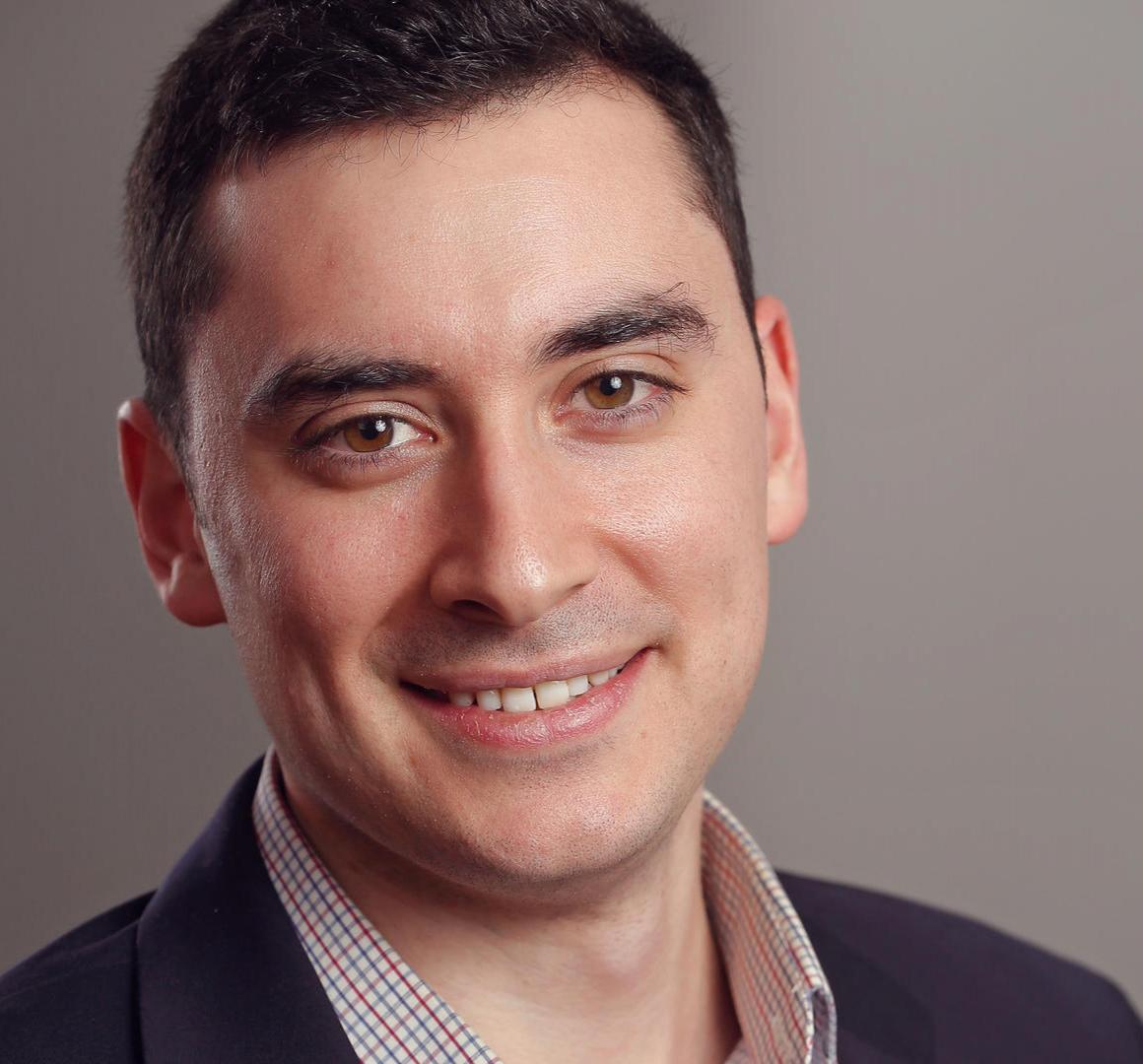Craig Limoli ’12: Machine learning that anticipates health providers’ needs

Entrepreneur Craig Limoli ’12 is the CEO of Wellsheet, a company that uses machine learning to help physicians manage patient data. After Princeton, Limoli worked as an IBM strategy consultant in several fields, then developed his concept for Wellsheet during a year at the Wharton School of the University of Pennsylvania. Wellsheet’s system, currently operating in more than 40 hospitals nationwide, is accessible with the click of a button within an existing electronic health records program. It efficiently supplies a doctor with the most relevant patient information and decision-support resources, allowing doctors to reach treatment conclusions more quickly — so they can spend more time connecting with their patients.
We asked Limoli five questions about his work and what he’s thinking forward.
What keeps you up at night?
Our company is positioned to solve some of the biggest problems in the healthcare industry, which are some of the most significant problems for our country and the world. It’s an enormous task and can be daunting when you look at just how widespread these challenges are. It’s a very complicated industry that we’re supporting, and we’re learning more about it every day.
Who or what inspired you to work in this field?
I chose to go to one of the largest corporations on the planet and work at IBM. In that experience, I was able to consult for a variety of industries. And it was just night and day when I got to do healthcare consulting — the severity of the problems that existed with the technologies and just sheer frustration that you would hear from the frontline physicians and other health care workers was like nothing I had ever seen in any other industry. I’m drawn to solving big problems. And seeing that frustration was what really inspired me to go down this path.
What excites you most about your work?
Right now, we’re helping physicians respond to the coronavirus crisis. When the pandemic hit, physicians immediately started to use Wellsheet features to manage COVID-19 patient care. These features weren’t initially designed for COVID-19, but they had an applicability and value for being able to track patients and understand where they are in the testing process to properly allocate resources. We then continued to enhance the product to support rapidly changing workflows and provide a lot of direct support to our hospital clients.
One of the hospitals we were working with had the National Guard set up a field hospital. Thankfully, that field hospital didn’t need to end up being used because the surge there wasn’t as bad as anticipated, but their plan was to use Wellsheet as the single source of patient information across that entire facility, coordinating all of the patient information and collaboration across the care teams that needed to happen to deliver care to those patients.
How do you hope that your work will help create a better future?
Physician burnout is a tremendous problem and is exacerbated by current conditions. But prior to COVID, there was already an epidemic of physician burnout. This needs to be solved. And the fact that physicians point to electronic health record systems as the number one cause of physician burnout in many studies shows that action needs to be taken. Our vision is to reduce the amount of time that physicians have to spend with electronic records and give them time back to spend with patients — which is why they got it into the profession to begin with.
What does “forward thinking” mean to you?
Forward thinking is really being able to see past the status quo and the way things are and have always been done. To envision a different future and build towards that.
As a first-time entrepreneur, I had to face a large degree of skepticism early on from investors about our prospects for being able to accomplish the lofty goals that we had, such as: the electronic health record vendors would never work with you and you’ll never be able to get this deployed to health systems without their help. It wasn’t easy, but we were able to prove these concerns wrong. Being forward thinking means being able to press onward and be tenacious in the face of adversity, meeting the inevitable challenges that are going to get thrown your way.


